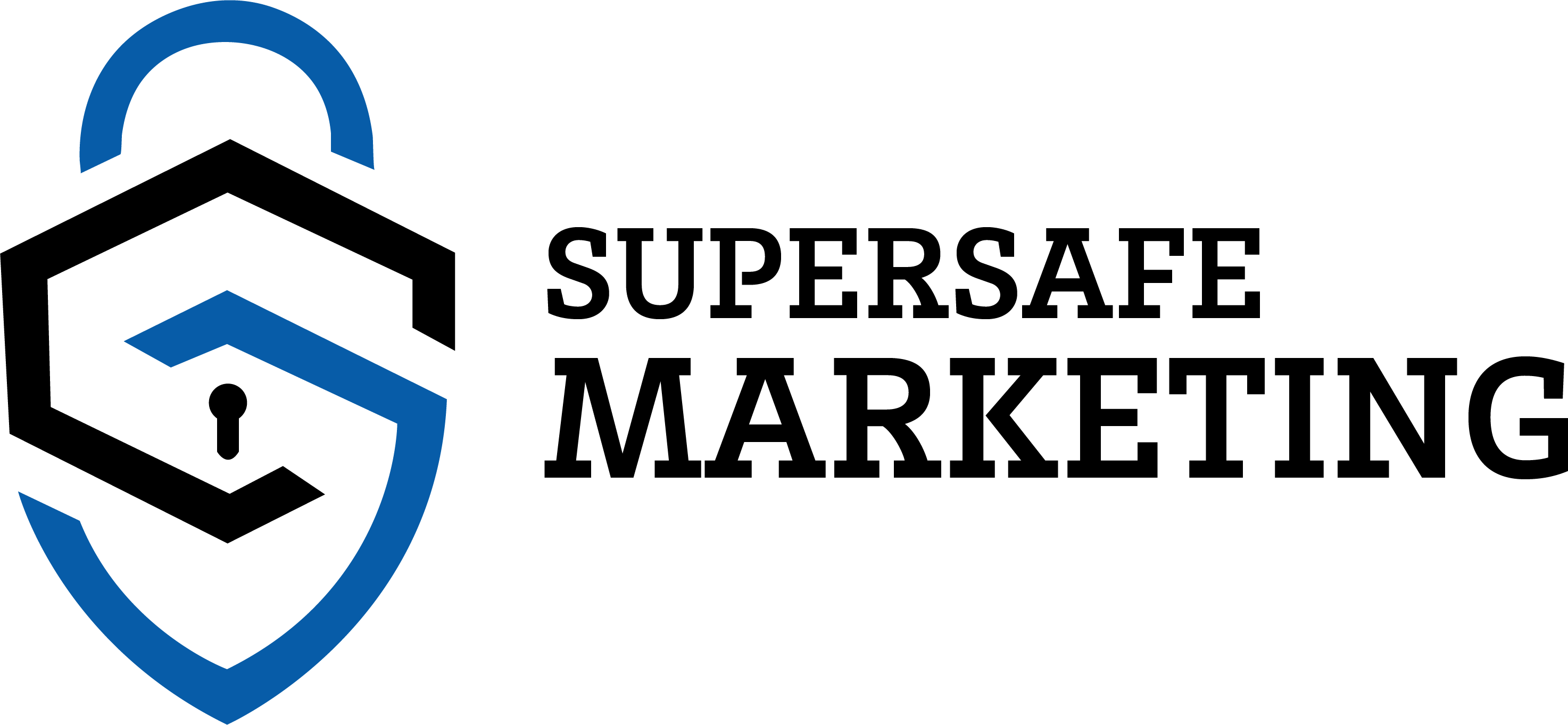SEO Best Practices: How to Rank Higher in Search Engine Results
Welcome to the fascinating world of SEO, where the skill of making your website search engine friendly can open up countless opportunities. In this manual, we’ll delve into the fundamentals of SEO, explaining how to choose the best keywords, optimize on-page features, produce gripping content, and keep up with rapidly changing digital environment. Prepare to climb search engine rankings and establish new levels of contact with your target market.
Keyword Research
The core of SEO is keywords. To determine words and phrases your target market uses to look for pertinent information or items, extensive keyword research is crucial. You can get help finding appropriate keywords by using programs like Google Keyword Planner, SEMrush, and Moz Keyword Explorer. If you own an online pet store, for instance, you might come across phrases like “best dog food,” “cat toys,” or “pet accessories.”
On-Page Optimization
Various parts on your website can be optimized as part of on-page optimization to make it more search engine friendly. Some important factors to think about are:
Title Tags
Each page should have a distinct title tag with relevant keywords that is both descriptive and specific. The title tag for a blog post about healthy cat food, for instance, would be “The Ultimate Guide to Choosing Healthy Cat Food.”
Meta Descriptions
A webpage’s content is succinctly summarized in its meta description. To encourage users to click through, they should be interesting and pertinent. Continued from the previous example of cat food, a meta description would read, “Discover the best cat food options for your feline friend and keep them healthy and happy.”
Header Tags
To organize your information and make it simpler for search engines to read, use header tags (H1, H2, etc.). Use pertinent keywords in your headers to give readers and search engines context.
URL Structure
Make sure your URLs are succinct, descriptive, and contain the proper keywords. Instead of “www.example.com/page1?=123,” use “www.example.com/healthy-cat-food.”
High-Quality Content
In the realm of SEO, content reigns supreme. Websites that offer users valuable, pertinent, and entertaining material are given priority by search engines. Produce unique, educational material that naturally incorporates your target keywords. To improve user experience and promote social sharing, take into account incorporating multimedia components like photographs, videos, and infographics.
For instance, if you are a fitness blogger focusing on the term “best exercises for weight loss,” you can write an extensive piece that highlights several activities, outlines their advantages, and has supplemental videos that teach the appropriate technique.
Mobile-Friendly Design
It is essential to have a mobile-friendly website given the rising popularity of smartphones. Google takes into account mobile friendliness when allocating rankings. Make sure the website offers a seamless user experience across devices and screen sizes and is responsive. To find and address any issues with mobile usability, test your website using Google’s Mobile-Friendly Test tool.
Page Speed Optimization
The user experience is impacted by website speed, which is a critical ranking element. Image compression, CSS and JavaScript minification, and browser caching can all help speed up the loading of your website. Areas for improvement can be found using tools like GTmetrix and Google PageSpeed Insights.
Link Building
A potent SEO tactic is obtaining high-quality backlinks from reliable websites. It shows search engines that the content is worthwhile and reliable. Concentrate on producing top-notch content that inevitably draws links from other reliable websites. Building quality backlinks can be facilitated by guest blogging, working with influencers, and contacting publications that cover pertinent industries.
User Experience and Engagement
Your search rankings are impacted by user experience indicators including click-through rates, bounce rates, and time spent on the site. Make sure your website is simple to use, pleasant to the eye, and offers a smooth surfing experience. Use calls-to-action (CTAs) that are both clear and appealing to direct visitors across your website and promote interaction.
For instance, a website that sells fashion accessories online can enhance user experience by offering simple navigation, excellent product photos, thorough product descriptions, and user reviews, as well as a quick checkout procedure.
Social Media Integration
Search engine rankings are not impacted by social media signals. But social networking might indirectly help your website if you incorporate it into your SEO plan. You may enhance the possibility that your material will be shared on social media, which could result in more visibility and possible backlinks, by producing interesting content that appeals to your target audience.
Local SEO Optimization
Optimizing for local search is essential if your company targets a certain area. Your website will rank highly in local search results thanks to local SEO strategies. Some tactics to take into account are:
Google My Business
Make sure your Google My Business (GMB) listing is optimized. Give complete contact details for your company, including your address, phone number, operating hours, and website address. Customers should be encouraged to post evaluations because good reviews can increase your visibility.
If you operate a bakery in Seattle, for instance, optimizing your GMB listing with the appropriate address, phone number, and business hours will aid in local clients finding your bakery when they search for “bakery in Seattle.”
Local Citations
Ensure that company information is accurate and consistent throughout web directories, including Yelp, Yellow Pages, and sector-specific directories. Search engines use these citations to verify the legitimacy and applicability of your company for local queries.
For instance, if you run a yoga studio in San Francisco, having precise and consistent information across directories can make it easier for search engines to recognize how relevant your company is to the area’s yoga fans.
Location-Specific Keywords
Use location-specific keywords in your website’s headings, meta tags, and content. This increases your likelihood of ranking higher for local queries and aids search engines in understanding your geographic relevance.
For instance, a Miami wedding photographer would use keywords like “best wedding photographer in Miami” or “Miami wedding photographer” to draw in local couples looking for photography services.
Schema Markup Implementation
Structured data called schema markup gives search engines more details about the content of your website. Schema markup use can enhance your website’s exposure and search engine rankings. Typical forms of the schema include:
Product Schema
Implementing product schema markup can show extra information, including price, availability, and customer reviews, right in search results if you have an shopping website.
Websites with product schema markup, for instance, can display information about a product’s price, availability, and reviews directly on the search results page when someone searches for “iPhone X,” making them more appealing to potential customers.
Local Business Schema
Local companies can utilize schema markup to give search engines specific information like their name, address, phone number, and client testimonials.
For instance, by employing local business schema markup, a restaurant can have its star ratings and client evaluations displayed right in search results, attracting additional customers.
Article Schema
Implementing article schema markup can give search engines information like the headline, publication date, author, and even a featured image if you publish articles or blog posts.
Your content may show up as rich snippets in search results if you include article schema markup to your blog entries. This will increase clicks and raise your visibility.
Conclusion
To improve your website’s search engine results and increase organic traffic, you must implement SEO best practices. You can effectively establish a solid online presence and attract your target audience by conducting in-depth keyword research, optimizing on-page elements, producing high-quality content, ensuring mobile friendliness, focusing on user experience, obtaining beneficial backlinks, and utilizing social media. Keep in mind that SEO is a continuous process that needs constant oversight, modification, and advancement to remain competitive in rapidly changing digital environment.

